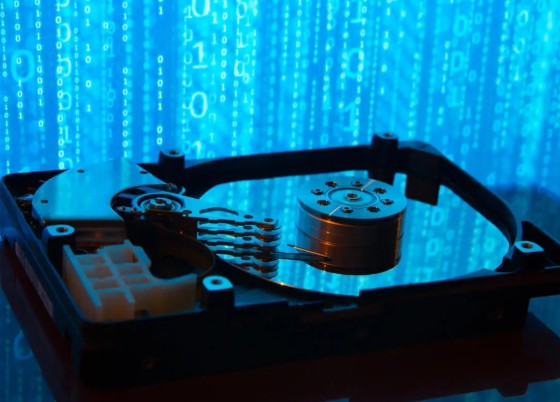Thanks to some engineering wizardry involving existing technology, Seagate has launched a new line of hard drives that can rival solid-state drives in throughput.
These drives are part of Seagate’s Mach.2 series and are called Exos 2X18. This is the second generation of Mach.2, with capacities of 16TB and 18TB, supporting SATA3 6Gbps or SAS 12Gbps interface.
The drive is essentially two drives in one, with two sets of platters served by two independent actuators, with the arms and drive heads working in parallel. Therefore, 16TB/18TB capacity is achieved by packaging two 8TB/9TB drives into a 3.5-inch form factor. The Mach.2 line is filled with helium to reduce friction.
What’s more, both drives are 7,200 rpm, which is the standard for HDD drives, rather than the 10,000 rpm or 15,000 rpm drives used before SSDs came along. These drives are faster, but achieve that speed by spinning the disk platters faster and therefore generate more heat and have a higher failure rate than 7,200 rpm drives.
Both executors handle I/O requests simultaneously through dedicated data channels. This enables the drive to achieve a maximum sustained transfer rate of 524 MB, which is comparable to SATA3 SSD drives. SAS drives provide a sustained transfer rate of 554 MB.

It should be noted that these are transmission rates. Rotated media cannot perform random reads and writes with SSDs. The read/write IOPS of Exos 2X18 is 304/560, while the read/write IOPS of SATA SSD can reach up to 100k/90k.
Still, it destroyed single-actuator-based hard drives. Seagate’s 20TB Exos X20 also has a SATA3 interface and 7,2000 rpm, but its maximum transfer rate is only 270MBs, half the speed of the Exos 2X18.
HDD capacity still has its place in enterprise storage, and the Exos 2X18 is ideal for cold storage and disaster recovery systems that may need to retrieve large amounts of data. Doubling the throughput will significantly reduce recovery times.
Seagate has not yet set a price or release date for these drives.